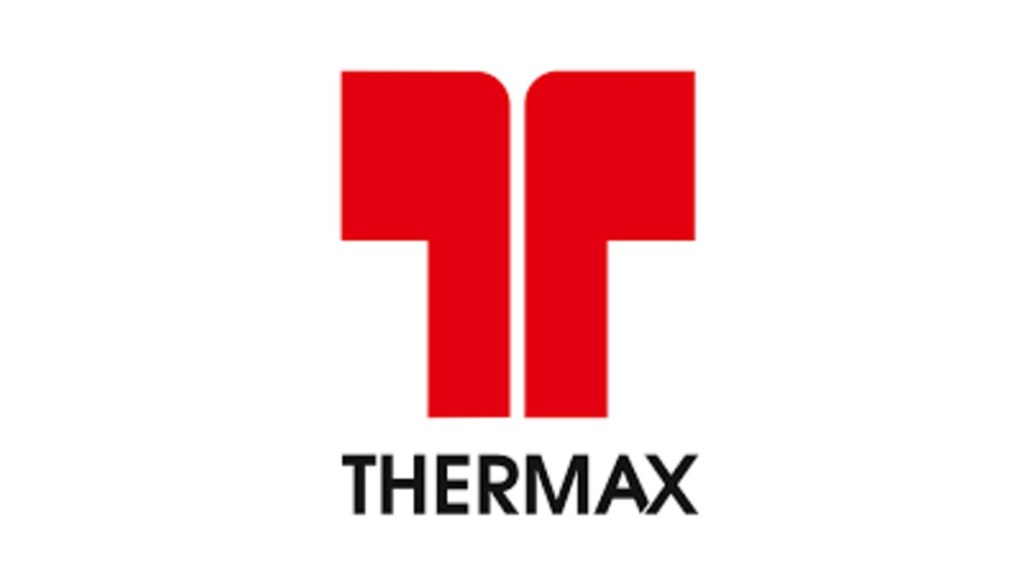Thermax reported a 39% year-on-year increase in net profit to ₹151 crore for the June quarter, despite a 2% decline in revenues to ₹2,150 crore. The revenue dip was attributed to delayed customer clearances and execution challenges, the company stated.
Thermax Financials
Operating income for the quarter included an accrual of ₹56 crore under the Packaged Incentive Scheme, 2007, received from the Maharashtra government. Despite the revenue dip, Ebitda margins improved significantly to 10.5%, up from 6.5% in the same period last year.
Order bookings for the quarter rose by 7% to ₹2,748 crore, while the order backlog as of June 30, stood at ₹11,376 crore, also reflecting a 7% year-on-year increase. Key sectors contributing to the order book included metal, power, mining, and food & beverage (F&B).On a standalone basis, the company’s revenues declined 10% to ₹1,183 crore, resulting in a 47% drop in net profit to ₹46 crore. However, order bookings on a standalone basis rose 20% to ₹1,752 crore for the quarter.
Ashish Bhandari, managing director and CEO of Thermax, acknowledged the decline in standalone revenues but said that there were no alarming issues or risky projects. He noted that customers delayed the pick-up of equipment due to the early onset of rains, which affected work at the customers’ sites and resulted in postponed revenues. He assured that none of the projects had stalled or raised concerns.
Decline in revenue
The revenue decline was also attributed to the chemicals business, which did not grow as anticipated. However, with the new plant and recent investments, he expects improvement in this sector. The company is currently assessing the impact of US tariffs on its chemicals business, as approximately 20% of its revenues in this sector come from the US market, which has been a profitable segment for the company.
Meher Pudumjee, chairperson of Thermax, stated that the India-UK trade agreement would indirectly benefit the company, potentially leading to investments in the textile and pharmaceutical sectors. According to Pudumjee, as these sectors benefit from the UK agreement and start investing, it will create opportunities for Thermax, but the impact is expected to take about six months to a year to materialise.

